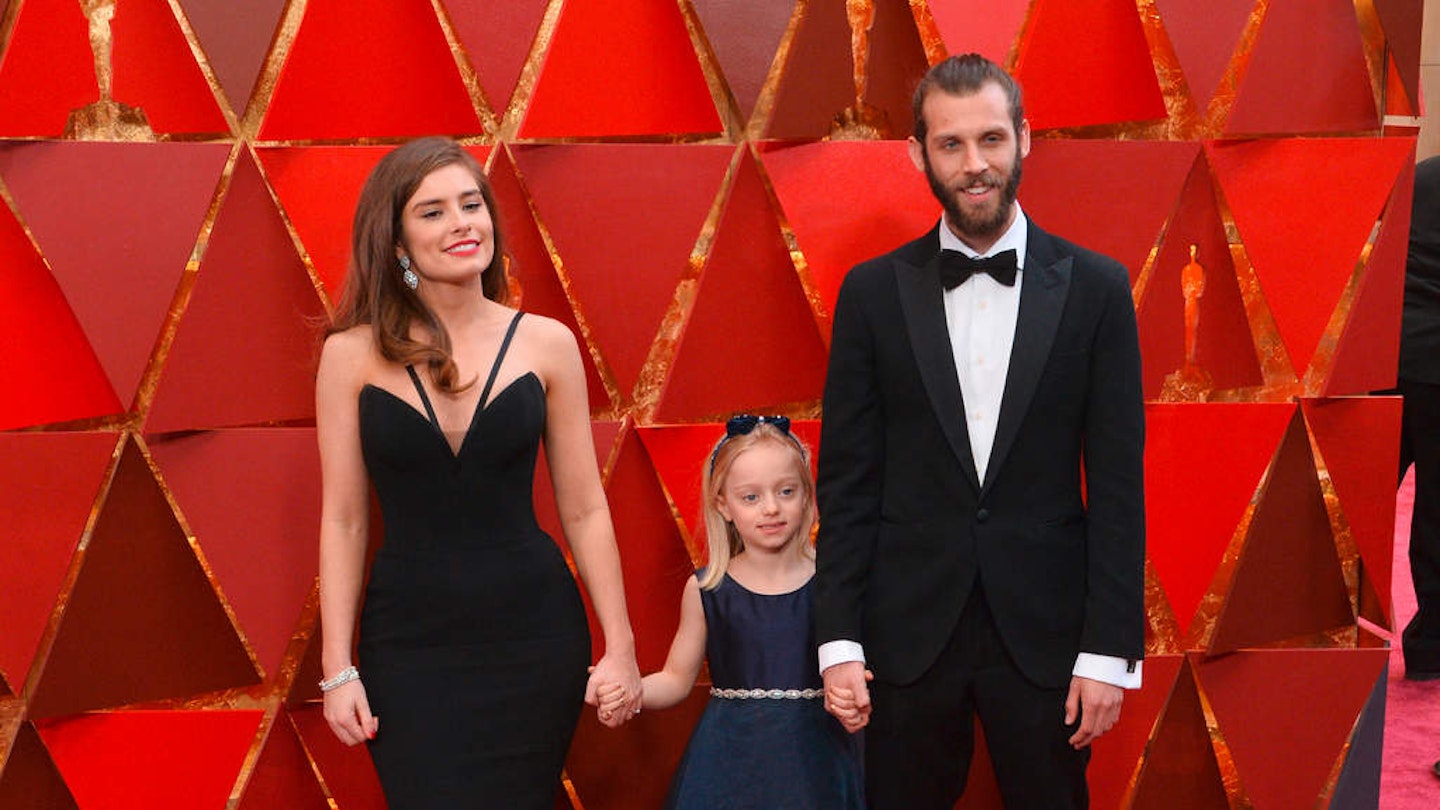I’ve been lIvIng in a wonderful, surreal dream-world ever since the moment our names were called out at last week’s Oscars ceremony. Sitting at the front next to the stage, I was a nervous wreck. I went from daunted to emotional to utter disbelief to ‘Oh my god! I need to get up on stage and speak in front of 33 million people now.’
I made a promise to Maisie Sly, the six-year-old deaf star of our film, that if we won, I’d do my speech in sign language. I didn’t want her to have to look at her interpreter and take her eyes off the stage. When we were casting, we did a nationwide search to find her. We contacted all the deaf charities in the UK and saw over 100 kids. Then Maisie walked in and blew us away. She’s so bright and absolutely brilliant.
The Silent Child was a very personal passion project. It took two years to make and there was absolutely no financial incentive. I wrote it in my bedroom then we crowdfunded the project for nine months – it cost £10,000. From the very beginning, my dad was my inspiration.
He went deaf two years before he died, when I was 14. He’s the reason I learned sign language and got involved with the deaf community. He was the person I was thinking of up on stage, wishing so badly he was watching me from the audience. I know he'd be incredibly proud.
Being at the first post-Weinstein Oscars was amazing. You could feel the change in the air – the way women and diversity were being celebrated. It felt more progressive and like there’s a spotlight on diversity now. It’s really important to remember that disability, including deafness, is diversity. Disability is hugely underrepresented in lm but this is the year that’s all changing.
As incredible as the glamour was, Chris [Overton] – my fiancé and the director of The Silent Child – and I weren’t interested in partying with the A-list stars afterwards. It was being with our parents and the film crew that mattered most to us. We popped into the Vanity Fair after-party, grabbed a burger, had a quick chat with Allison Janney [who won Best Supporting Actress for her role in I, Tonya] and left in under five minutes. We rushed off to celebrate with our families and team back at our apartment. It was really important that we got back and showed them the award.
Next, I want to make the film feature- length or turn it into a drama. I’ve got an excited feeling this is just the beginning for deafness in film. Ours wasn’t sensationalised, it’s a reality for thousands of children living in a world of silence: they face communication barriers and lack of access to education. So I hope this contributes to getting sign language and deaf awareness into the curriculum in schools and on to our screens more. If we’ve started something with The Silent Child, I’ll be very proud.
Click through to see the best period dramas you need to watch...
Best period dramas slider - Grazia
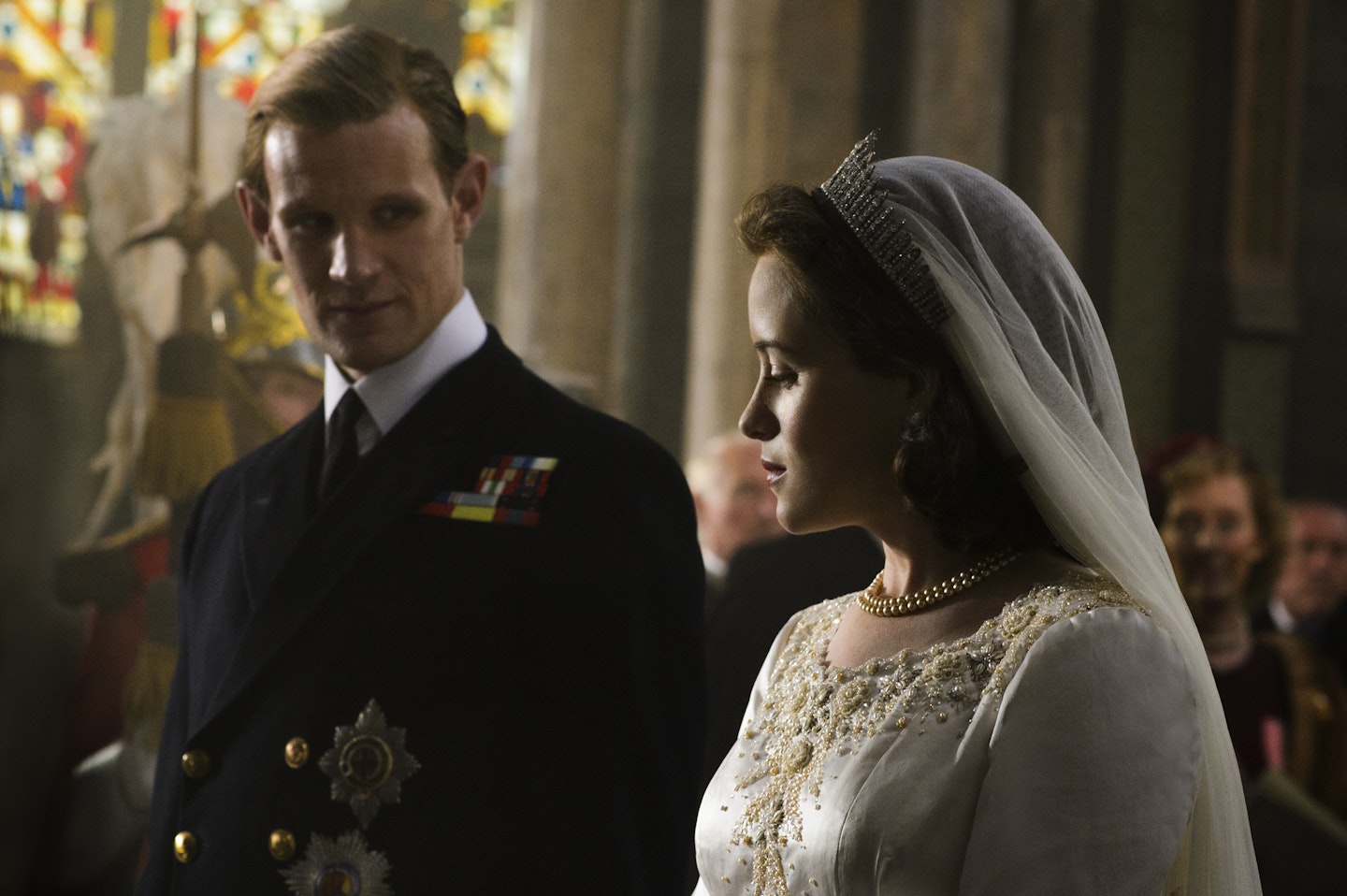 1 of 11
1 of 11The Crown
Netflix's deep-dive into the personal conflicts, political intrigues and public controversies of Queen Elizabeth II's reign is the streaming service's most expensive original drama to date. Luckily, every penny of The Crown's rumoured £100 million budget appears to have paid off. Claire Foy gives a brilliant, sympathetic performance as Elizabeth, nailing the plummy vowels and poise of the monarch without descending into caricature - but it's Vanessa Kirby's Princess Margaret (and her controversial romance with a divorcé) that will have you gripped.
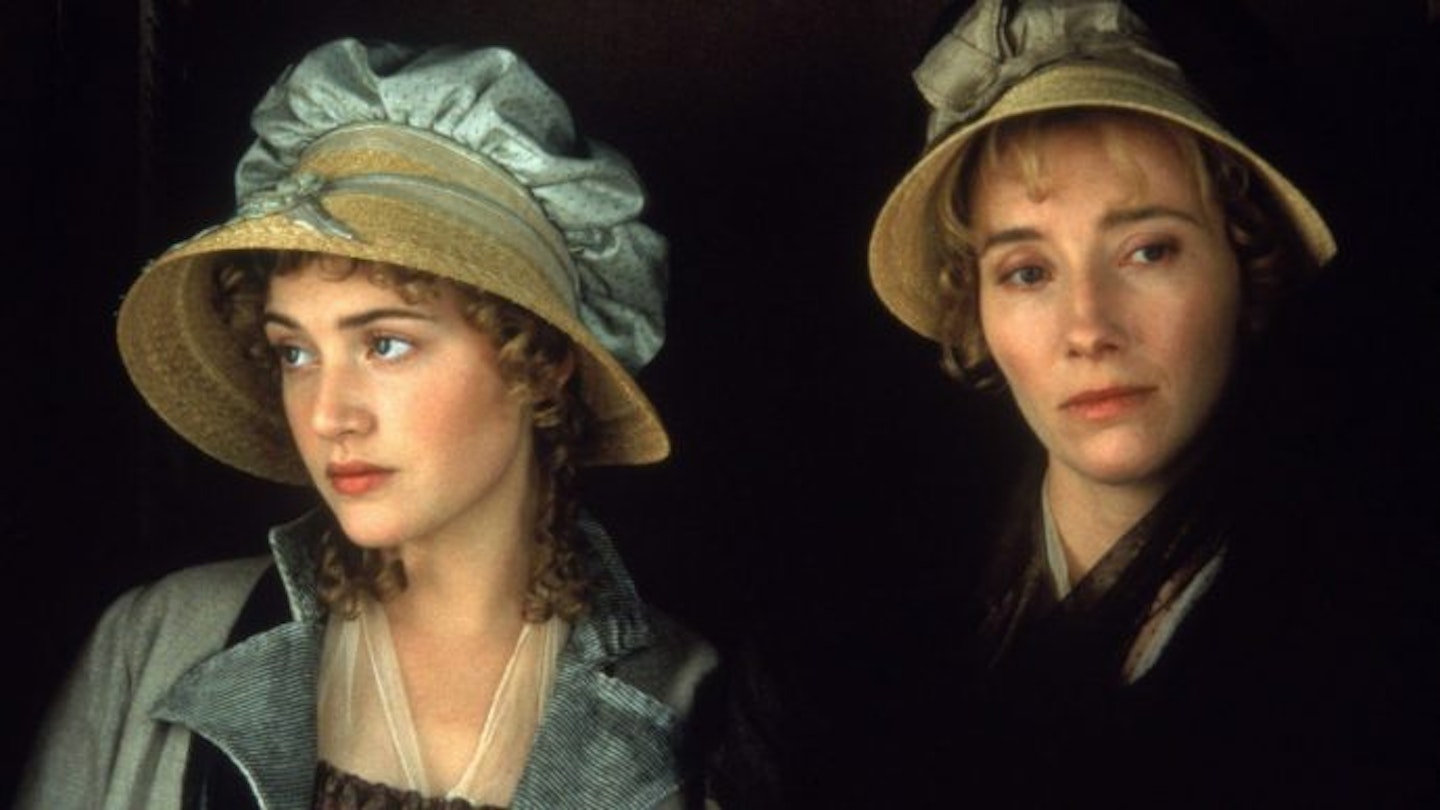 2 of 11
2 of 11Sense and Sensibility
It's hard not to fall for this sweeping big-screen version of Austen's first published work, which stars a who's who of well-mannered British acting. Emma Thompson doesn't just star as quiet, thoughtful heroine Elinor Dashwood: she also laboured for five years on Sense and Sensibility's screenplay, an endeavour which eventually won her an Oscar. A pre-Titanic Kate Winslet stars as her impulsive sister Marianne, with Alan Rickman and Greg Wise as her two drastically different suitors, while Hugh Grant takes his trademarked floppy-haired, charming-but-useless schtick back to the 18th century. Austen herself would surely be amused that the film ended up sparking a real-life romance between Thompson and Wise, who've been together ever since.
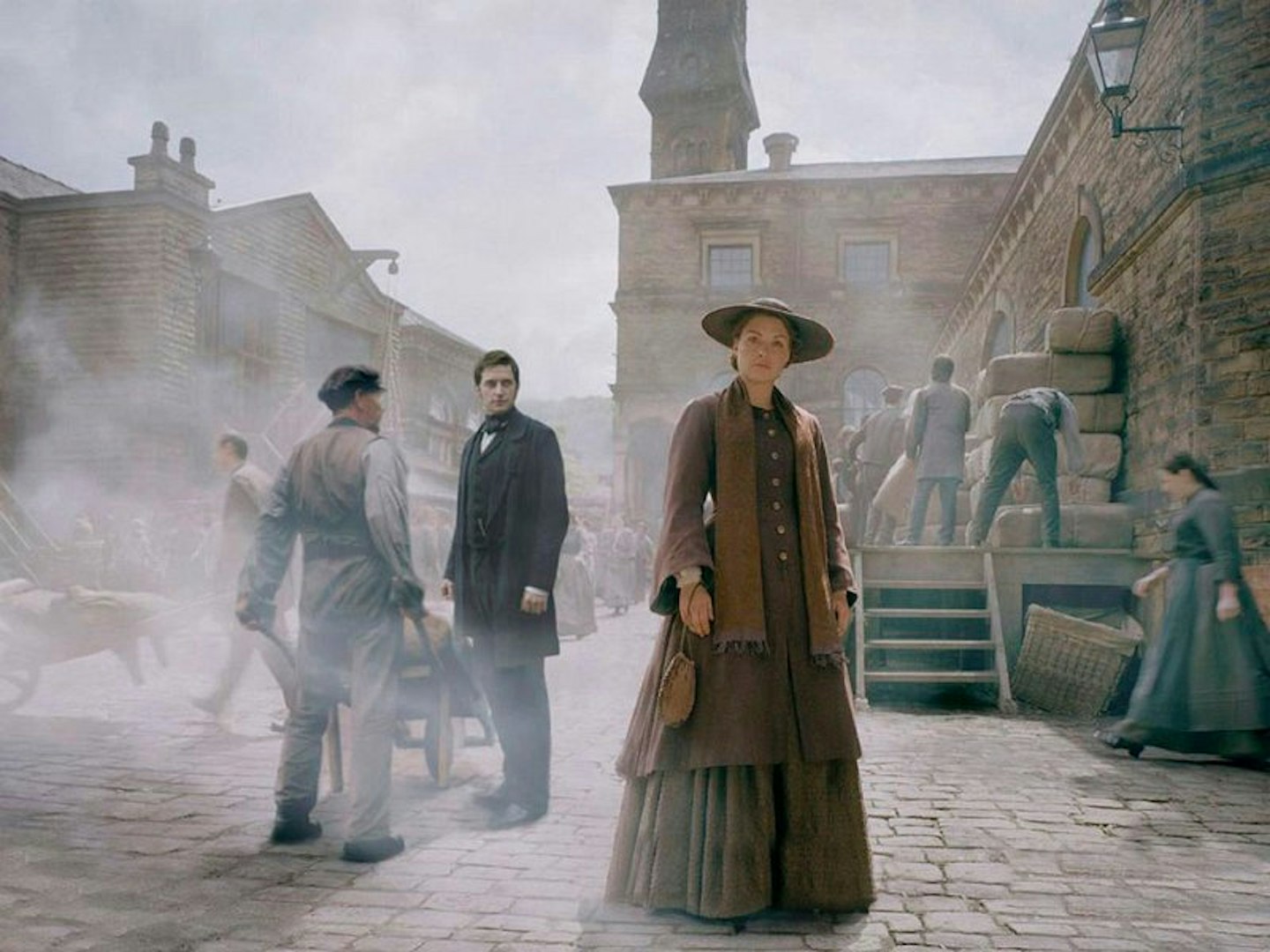 3 of 11
3 of 11North and South
Dour Northerner with a mill meets well-meaning middle class girl with lofty ideals. Such is the premise of this four-part version of North and South, Elizabeth Gaskell's socially conscious, often forward-thinking novel. The privileged Margaret Hale (Daniela Denby-Ashe) forced to move from the leafy south to the grim industrial town of Milton, Darkshire (do you think Gaskell was trying to make a point?) She's immediately appalled by the harsh working conditions at the local mill - and by its owner, John Thornton (Richard Armitage) Spoiler alert: regional opposites eventually attract.
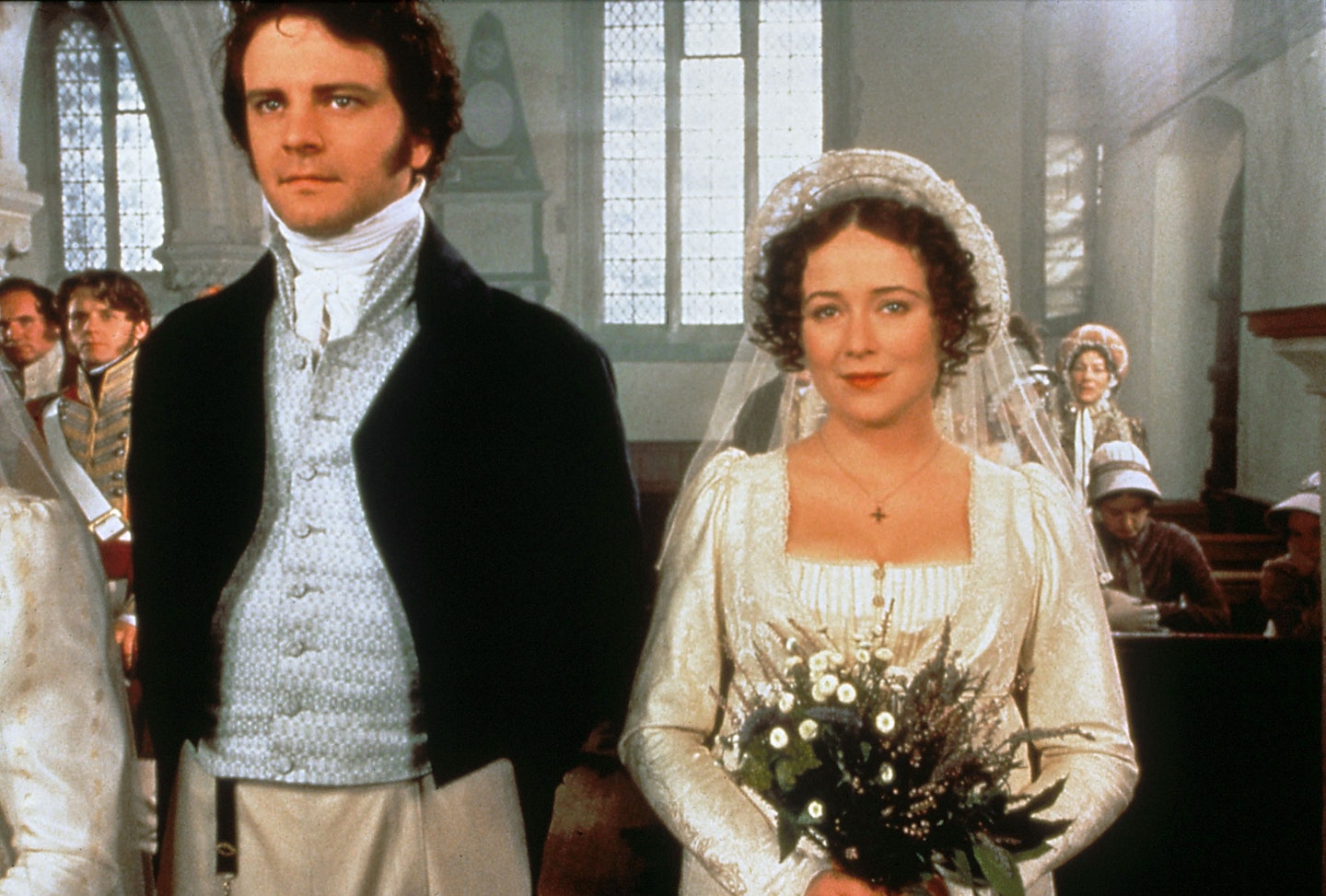 4 of 11
4 of 11Pride and Prejudice
The 2005 take on Jane Austen's best-loved novel, starring Keira Knightley and Matthew Macfadyen, is all well and good, but it's a truth universally acknowledged that this brilliant six-part BBC adaptation will always be the definitive on-screen version. Still best known for the scene in which a soggy Mr. Darcy emerges from a lake - which you definitely won't find in the original text - it's the series that made Colin Firth a national treasure (and gained him a mention in Helen Fielding's Bridget Jones's Diary and a role in the eventual films). Lake-dipping aside, screenwriter Andrew Davies lets the novel's sparkling dialogue speak for itself, making this a total joy for dedicated Austenites and for more recent initiates.
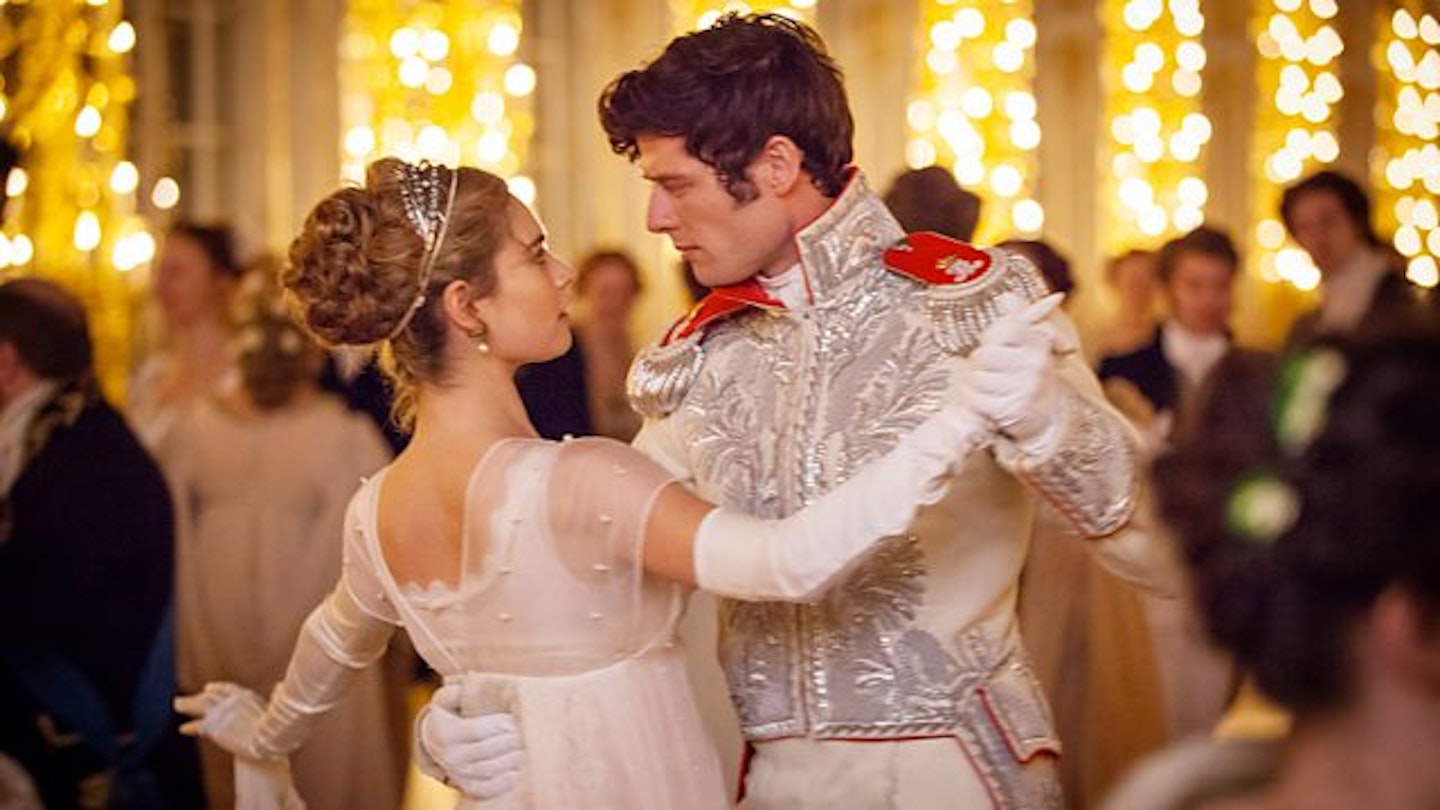 5 of 11
5 of 11War & Peace
If you missed the BBC's lavish version of Tolstoy's sweeping epic when it aired last January, now's your chance to catch up (we get it, that thousand-plus page copy you bought a few years back is just too heavy to read on the tube...) Once again on script duties is Andrew Davies, the writer behind the Beeb's iconic Pride and Prejudice mini-series, who manages to make both the war and the peace compelling. Lily James stars as ingenue Natasha Rostova, with indie star Paul Dano as the slightly sappy Pierre, while James Norton makes a suitably dashing Prince Andrei. We won't judge you if you skip some of the battlefield action, but the dazzling ballroom scene upon which the series hinges can't fail to take your breath away.
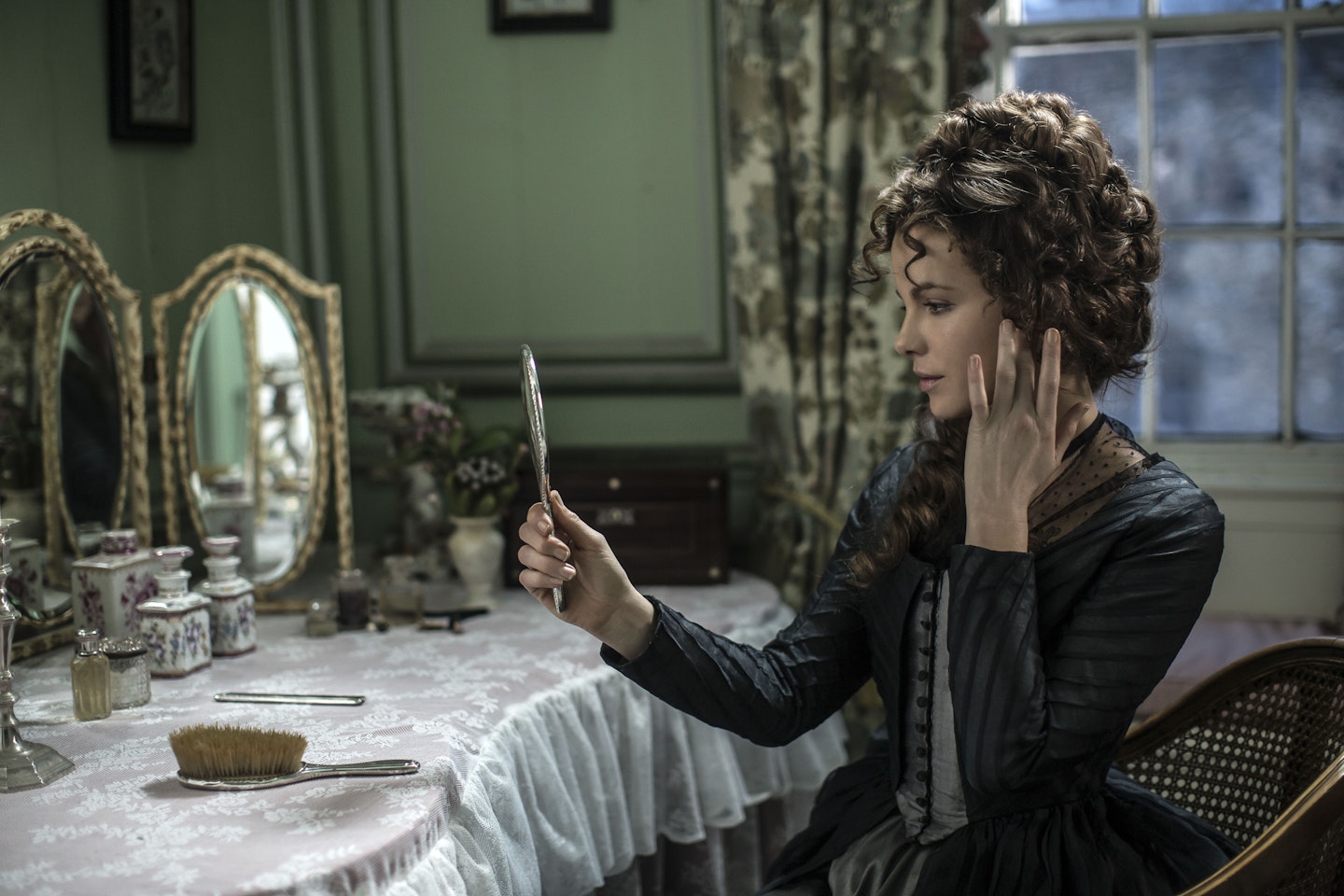 6 of 11
6 of 11Love & Friendship
Bonnet fatigue? Love & Friendship is the perfect tonic; a barbed, breezy dash through Lady Susan, the largely forgotten Jane Austen novella that the author worked on before the greatest hits, and would never see published in her lifetime. As the recently widowed Lady Susan, Kate Beckinsale is an amalgamation of all the best, bitchiest minor characters in Austen's canon, finally given their time in the spotlight, while indie queen and fashion icon Chloe Sevigny is her American sidekick. Playing fast and loose with the conventions, it's a period drama for the 21st century.
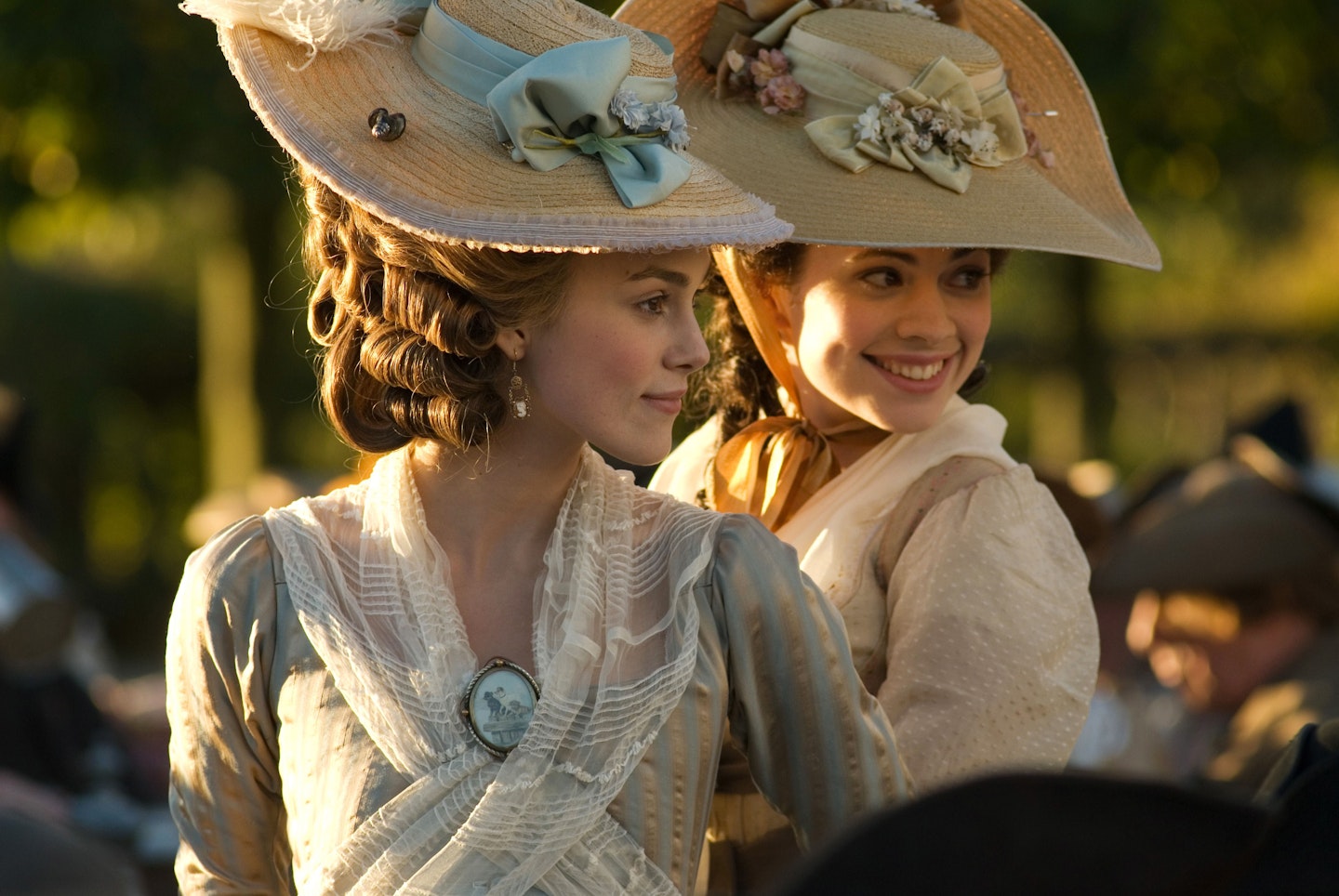 7 of 11
7 of 11The Duchess
Keira Knightley does what Keira Knightley does best in this beautifully turned-out period drama. The 'Duchess' of the title is the scandal-prone Georgiana Cavendish, née Spencer, the 18th century socialite trapped by a loveless marriage and the sexual double standard. With all the lingering shots of stately homes and Keira's intricate costumes (and wigs), you could argue there's more style than substance here, but by shedding light on just how badly women could be treated after their 'happy ending,' it's an interesting counterpoint to the classic period romance. Some striking, achingly sad parallels, too, can be drawn with the life of Diana, Georgiana's great-great-great-grand niece.
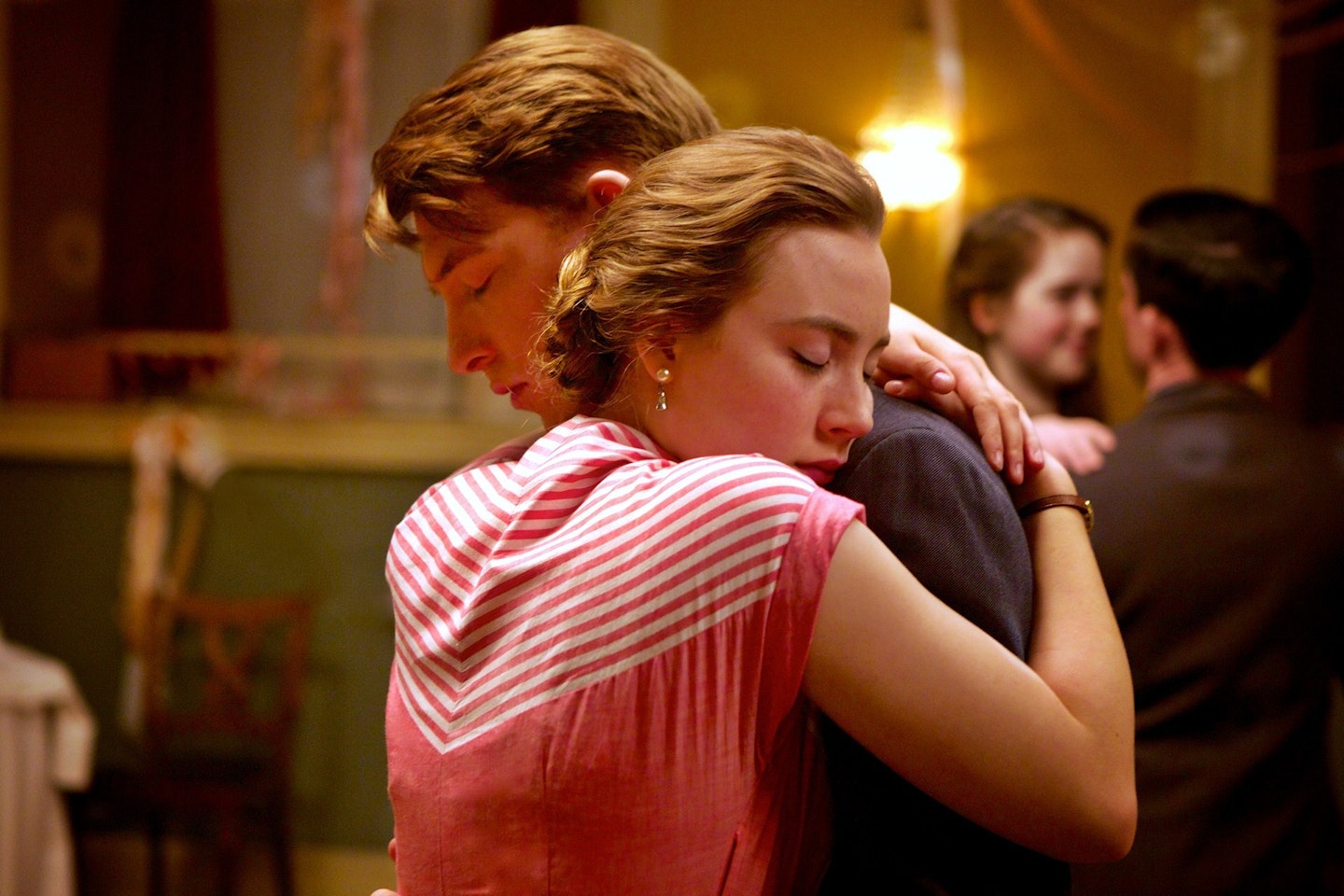 8 of 11
8 of 11Brooklyn
Coming-of-age romances are ten a penny, but* Brooklyn*, adapted from the novel by Colm Toibin, is something special. Saoirse Ronan stars as Eilis, a young Irish girl whose tiny village holds nothing for her. Like many before her, she crosses the Atlantic, gradually finding her feet (and falling in love) in 1950s New York until a family tragedy forces her to temporarily return home. Capturing the very particular sensation of feeling caught between a big city and your home town, not quite at home in either, Brooklyn tugs at the heart-strings without ever feeling manipulative or gushy. While this is very much Ronan's show, Julie Walters, Jim Broadbent and Domhnall Gleeson are brilliant in their supporting roles.
 9 of 11
9 of 11Wuthering Heights
There have been many attempts to bring Wuthering Heights to screens big and small, but the fact remains that Emily Bronte's only novel tends to elude straightforward adaptations: it's far too weird and uncomfortable a proposition for that. But director Andrea Arnold (the woman behind Fishtank and last year's American Honey)'s take on the classic is anything but straightforward. Ditching the bonnets and flowery speeches (and generating some flustered headlines for casting a black actor, James Howson, as Heathcliff) this is Wuthering Heights redux, a film that's as stark and moody as Bronte's original.
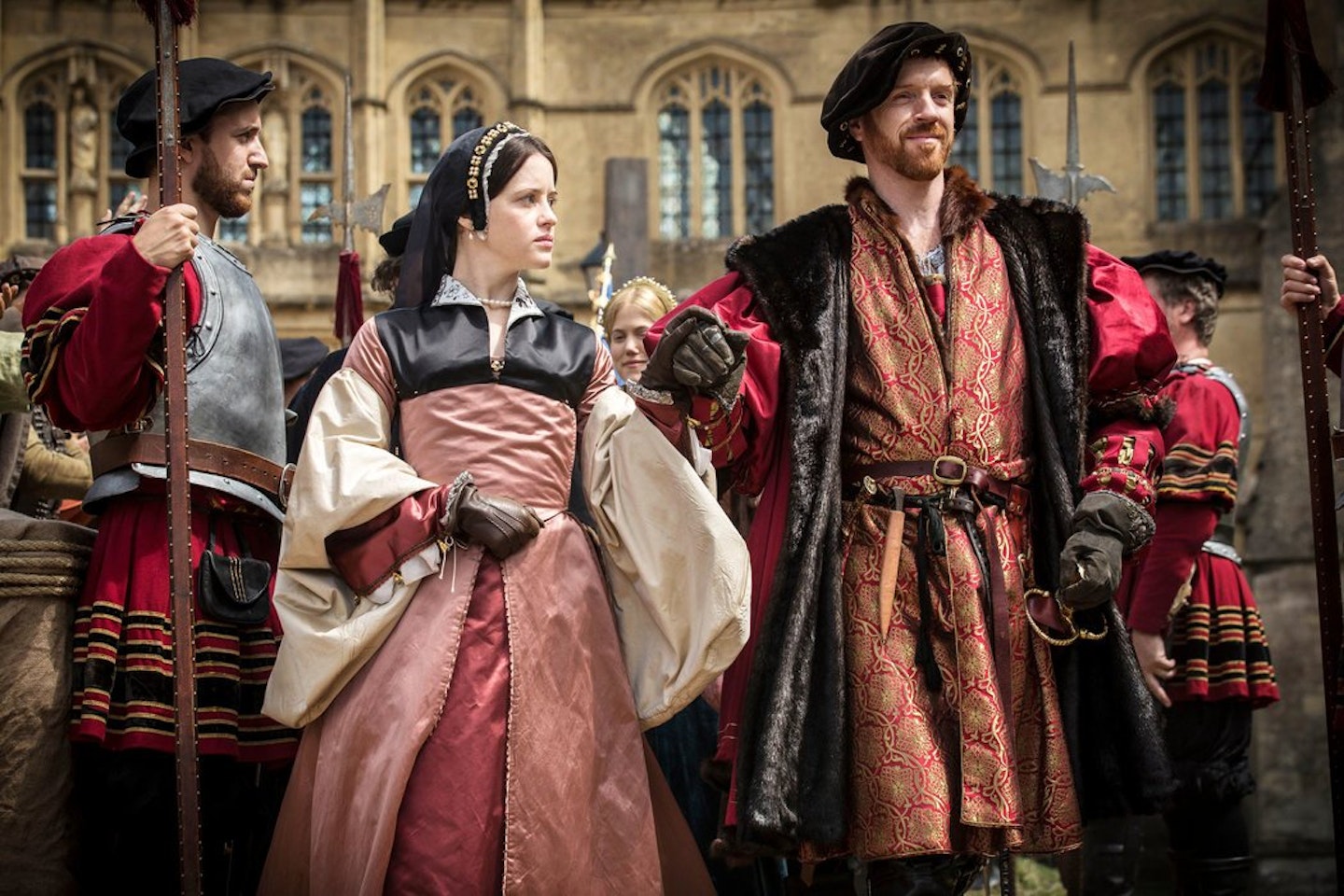 10 of 11
10 of 11Wolf Hall
Before Claire Foy was The Crown's Queen Elizabeth II, she played another, rather more ill-fated royal, Anne Boleyn, in this jaw-dropping adaptation of Hilary Mantel's Booker Prize-winning historical novels, Wolf Hall and Bring Up The Bodies. Across six episodes, the back-stabbing, political machinations and romantic intrigues of Henry VIII's court come to life through the eyes of his 'yes' man, Thomas Cromwell (played by the brilliant Mark Rylance). With the long-awaited third installment, The Mirror and the Light poised for release next year, a second series is reportedly on the cards (Foy, obviously, won't be returning...)
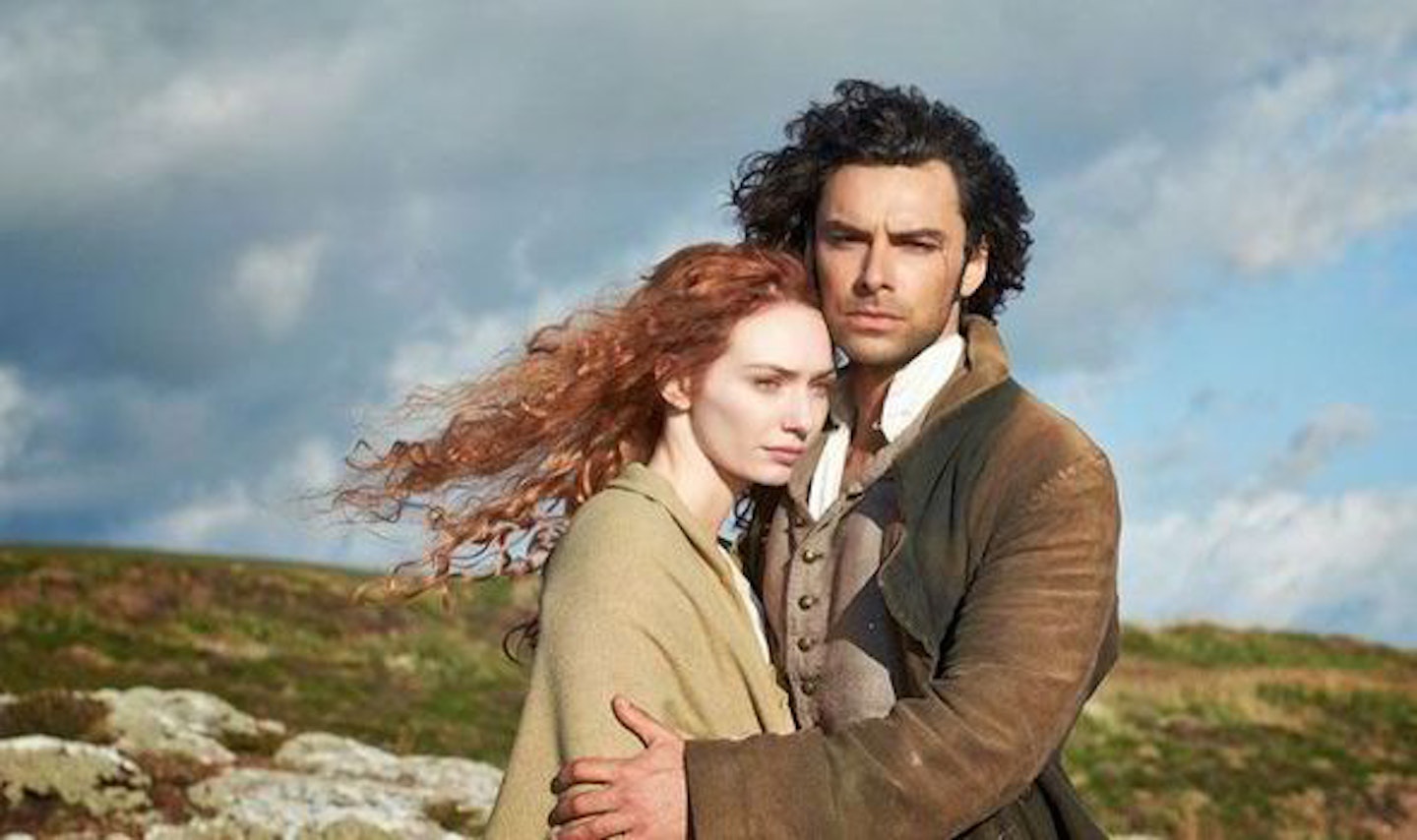 11 of 11
11 of 11Poldark
Unless you've been living under a rock for the past two years (in which case, we salute you) you'll doubtless be familiar with one particular image of potential Bond Aidan Turner as Ross Poldark, which may or may not involve scything. From the melodramatic twists and turns of the plot to the gratuitous shots of Turner brooding against the backdrop of the Cornish coast, Poldark is the ultimate period drama guilty pleasure (your mum probably agrees...)
